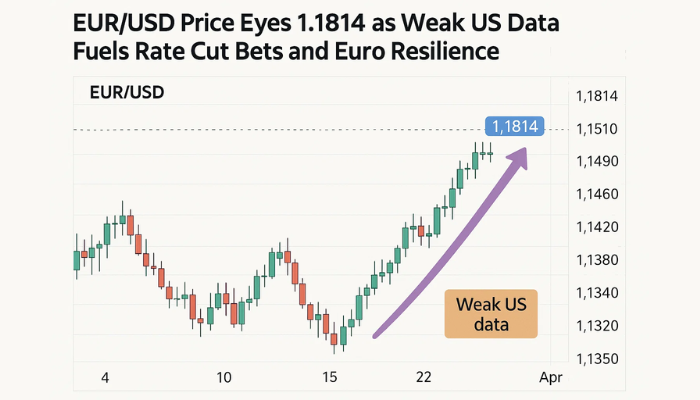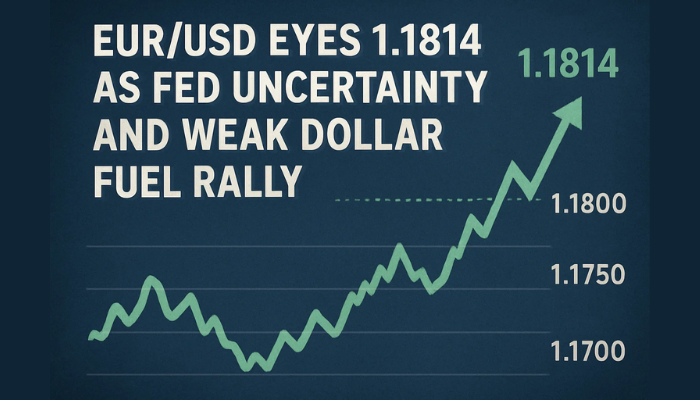What’s the Danger for the European Union and the Euro?
Brexit is coming to an end soon, with or without a deal. But, the EU is bound to face other difficult challenges ahead.

The European Union has been a headache to form and bring up to this point since the beginning. It’s been like rearing a child. There have been periods when the block has been growing smoothly and sometimes fast, and dangerous times when it has looked like the union was going to fall apart.
The main hit came from the Brexit referendum where one of the major members voted to leave the EU and head its own way. We are still in the process and it seems like the UK might head off without a deal with the EU. Or they might strike a deal, who knows, we have been covering this issue closely and you never now how it will end until the last minute. the GBP has been mostly damaged from this event, but the Euro has had its fair share of volatility due to Brexit and is still affected pretty often when comments related to Brexit pop up.
Although, the main danger doesn’t come from Brexit. This is a strange time for all but it will be over soon. Britain joined the block late compared to other central members and never felt itself completely part of the block with full rights, even though it had more or less the same rights as other major members, and the fact that it was a bit peripheral was for its own choosing.
So, when Britain leaves the EU, nothing shocking will happen to shake the EU to the core. Although, the Irish border problem will persist for some time. But, there are two major problems which have appeared recently and which might bring major troubles for the EU.
-
Italian Deficit
The Italian government which came out of the traditional political spectrum on promises of controlling immigration and particularly improving the economy and increasing public spending has planned for a 2.4% deficit for next year’s budget. The EU maximum target for the deficit is 3% of the GDP.
But the problem for Italy is the that it runs a massive dept-to-GDP ratio of 130%. That is only second to Greece and we know what happened to Greece. European countries had to pay billions of Euros to bail Greece out and Italy’s economy is 10 times that of Greece. So, it is impossible to bail Italy out. That’s why the EU has rejected Italy’s budget draft and asked Italians to change it, but Italian politicians have repeated a lot in recent days that they won’t change the budget. We have covered this issue until this point and explained it a few times. But what happens next?
Italy will send the budget back to the EU, apparently with the same deficit. What then? Well, the Italian politicians have defended the budget and the deficit, saying that a higher deficit means higher investments and ages in the public sector which will help the economy. This way, the economy will grow, which will bring more tax revenue, thus lowering the deficit. Di Maio is pointing to Donald Trump’s policies of lowering taxes increasing investments and wages which should fuel the economy. The US economy is doing pretty well right now, but I’m not sure this is all Trump’s making. A better example would be Spain or Portugal or even Ireland. They were in the same situation several years back and increased the spending, which helped their economies.
But, the EU is not budging down. Italian politicians have blamed them as attacking Italy or sticking to the austerity rules like maniacs. So, what can happen if Italy goes ahead with the same deficit? Well, the EU could impose sanctions such as a fine of 0.2% of the budget. That might get to 0.5% but I see that highly unlikely. The EU could withhold billions in funding, closer control by the EU and the European Central Bank and reduction of multi-billion-euro loans from the European Investment Bank.
That could humiliate Italy and even force it to leave the Euro, although that would be a pretty extreme measure. It would be a disaster for the Euro and most likely for the EU. It would also increase Italy’s debt further and the bond yields as well.
On the other hand, if the economy doesn’t grow as Italian politicians expect, then the deficit will increase and it will be a ticking bomb. Many more EU countries have borrowed from German banks and if the situation gets rough, then it might get difficult for them to repay that debt. But if austerity lasts longer like in Italy, then the people will get impatient at some point and even decide to leave the EU, which will again breakup the union most likely.
2. The Immigration
The other issue is immigration. The immigration in itself is a major issue for Europe right now but the way it is being dealt with might not be the best. The EU has imposed quotas to member countries and still keeps an accommodating stance regarding migration, but Eastern members such as Hungary, Poland and the Check Republic have been on the opposite end of the spectrum regarding immigration for some time. Now Italy and Austria have joined as well, so both sides are on a collision course with each other. The EU might impose sanctions as in the case of Hungary, which will drive them further away.
On the other hand, in other western countries, people are increasingly voting anti-immigration and right wing parties to power, as we saw in Sweden and Germany lately. Angela Merkel has decided to step down in the next elections. This might bring EU members closer or tear the EU apart, depending on the position that the EU will take. Remember that we have elections for the European Parliament next year which will be another major event, but let’s see how they come up.
Both these events are negative for the Euro, that’s one of the main reasons why the Euro has turned bearish in recent months. So, if Italy sends the same budget to the EU in the coming weeks, then it will probably be a good opportunity to sell EUR/USD.
If the EU rejects it, then that will be another good opportunity to sell the Euro. If the EU decides to sanction Italy, then that would be another good occasion for Euro sellers and then we will have the response of Italian politicians and so on. So, there will be some volatility ahead for the Euro and the pressure is likely to be on the downside.
- Check out our free forex signals
- Follow the top economic events on FX Leaders economic calendar
- Trade better, discover more Forex Trading Strategies
- Open a FREE Trading Account


